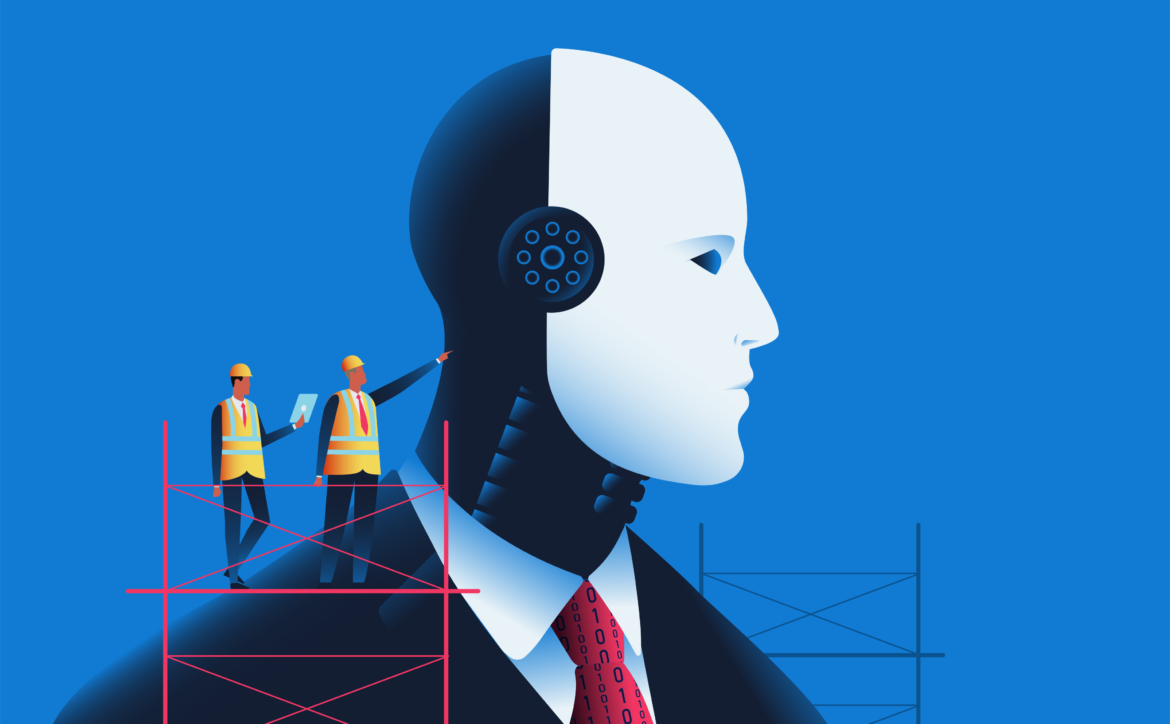Artificial intelligence is saving workers an average of one hour each day, according to a global survey by the Adecco Group, indicating early signs of efficiency gains from the technology across various industries.
The annual Global Workforce of the Future survey, which polled 35,000 workers in 27 countries, found that nearly three-quarters of AI users reported increased productivity, yet only a quarter had completed training on how to apply AI at work.
“The time saved by workers seems to have been put to good use and is not just confined to one or two sectors but appears widespread across industries,” Denis Machuel, Adecco Group CEO, said. “These are early days, but AI appears to be delivering on its promise.”
The survey revealed that workers in the energy, utilities and clean technology sectors reported the highest time savings of 75 minutes per day, while those in aerospace and defence reported the lowest at 52 minutes. Workers in technology saved an average of 66 minutes daily, financial services employees saved 57 minutes, and those in manufacturing saved 62 minutes.
Despite the efficiency gains, only 26 per cent of workers said they have completed training on how to apply AI at work.
The time saved is being used in various ways, with 28 per cent of users devoting it to more creative work, 26 per cent spending more time on strategic thinking and 27 per cent achieving a better work–life balance. However, 23 per cent said they were tackling the same workload, and 21 per cent reported spending more time on personal activities.
The survey also highlighted concerns about job security in the face of AI advancements. Thirteen per cent of workers said they have lost their job due to AI, and 40 per cent expressed concerns about long-term job stability. Despite this, 83 per cent plan to stay with their current employer—the highest retention rate in three years.
“Workers are increasingly concerned about an uncertain future, with economic conditions and job security being top priorities,” the report stated.
The study identified a group of “future-ready” workers, comprising only 11 per cent of respondents. These individuals are characterized by their adaptability and proactive approach to acquiring new skills. Among them, 93 per cent receive a personalized development plan, compared with 51 per cent of the broader workforce.
To expand this segment and develop future leaders, the report recommends that companies prioritize continuous skill improvement and promote internal mobility. Currently, 76 per cent of workers believe companies should train existing employees for different roles before hiring externally, an increase of 12 percentage points since 2023. However, only nine per cent plan to stay with their company to be reskilled, a seven-point drop since last year.
Mental health and well-being remain essential in a rapidly changing work environment. The survey found that 40 per cent of workers have felt burnout from working too hard in the past 12 months, a figure that jumps to 62 per cent among those concerned about AI’s impact and who have been negatively affected by it.
Fewer than half of employees express confidence in their leaders’ AI skills and knowledge (46 per cent). Over three-quarters value the human expertise of a recruiter who can see potential beyond their skills and experience, up from 64 per cent last year.
The Adecco Group’s Global Workforce of the Future survey, conducted for the fifth consecutive year, provides insights into critical workforce trends to support decision-makers in navigating the fast-changing world of work.
The Adecco Group is a talent company operating across 60 countries, focusing on sustainable and lifelong employability for individuals and delivering digital and engineering solutions to organizations.



